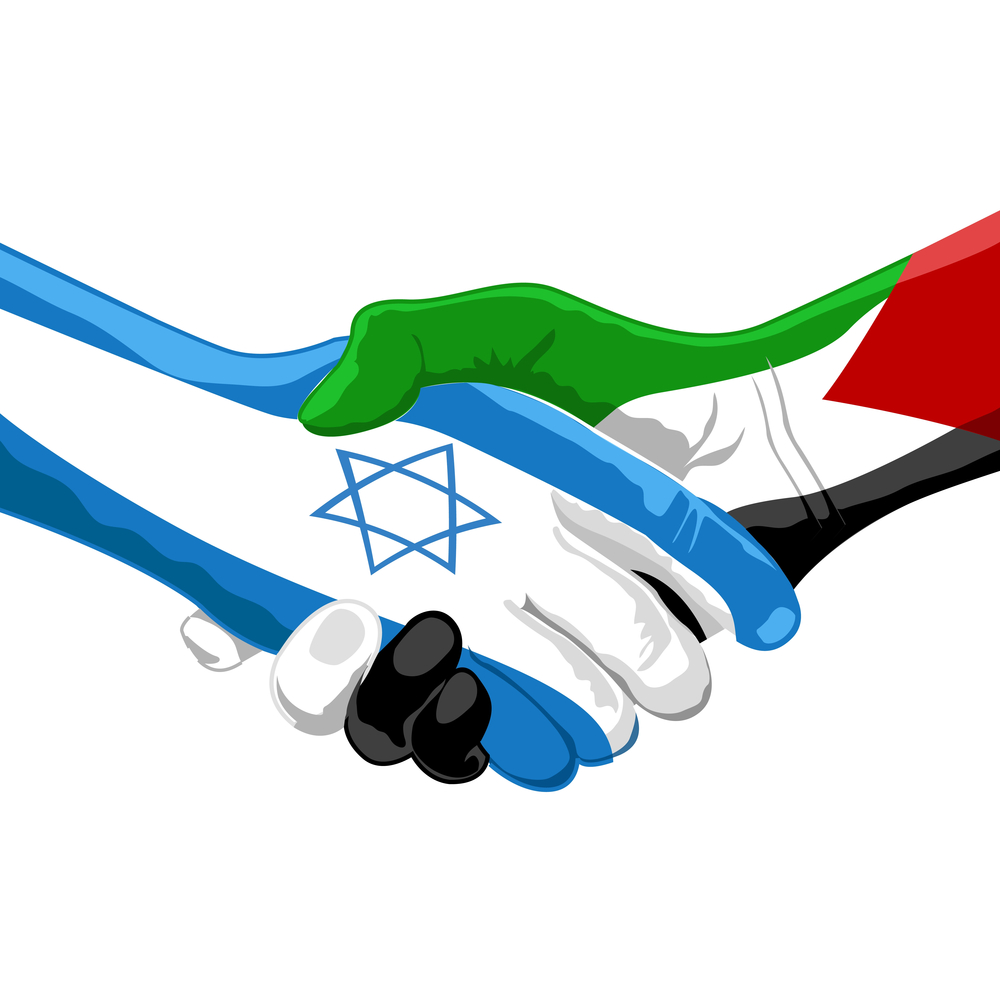Palestinian and Israeli civilians are uniquely brought together in their disdain and disagreement with the strategies executed in this unwanted war. The destruction caused by Israeli Prime Minister Benjamin Netanyahu and the terrorist organization Hamas have each caused popularity to wane for both warring parties in their own respective populations.
In theory, war is politics by other means. In reality, warring actors always experience unintended consequences from their decisions and actions. Civilian casualties, whether intended or unintended, are the most dire consequence of war.
Hamas has not shown promise or care for the return of Israeli hostages and continues to wreak havoc on soldiers and civilians from underground and dense urban areas. The terrorist organization’s actions, strategy, doctrine, and public campaigns have displayed a total disregard for human life at the expense of its political agenda.
As Israel acts as the counter-insurgent warring party with high profile American support, the responsibility falls on them to tread with caution and to adhere to reasonable tactical and operational warfighting. Their stated goals are twofold: eliminate Hamas and convince the local Gazans to embrace a political future that will not leave Israel strategically vulnerable. Any mistreatment of civilians or captured enemy combatants will deter goal number two and plausibly persuade those on the fence to join Hamas, thereby detering goal number one. On the international stage, negative narratives open the door to poor international relations, sanctions, divestments, and trade.
Seven staff members of the nonprofit charity food organization World Central Kitchen were killed in an Israeli airstrike in Gaza recently, the majority of whom were from countries outside of Palestine including Australia and the United States. Back in October, 471 died and 342 were injurd in the infamous al-Ali Hospital bombing. Gaza’s Ministry of Health blames Israel, while the Israeli military says the explosion derived from an Islamic Jihad rocket that misfired. Who will stand up for those who died and those who suffered injuries directly from the selfish decisions made by both actors in this war?
Regardless, the Gazan population will continue to suffer from internal displacement, humanitarian catastrophe, and civilian casualties. According to the United Nations humanitarian coordination office (OCHA), 30% of humanitarian aid to northern Gaza has been denied by Israeli authorities since March 1. Per USAID, Israel has directly violated a White House requirement as a recipient of military assistance in its disregard of international humanitarian law by impeding delivery of U.S.-funded humanitarian support for Gazan civilians.
Bassem Youssef, an Egyptian-American comedian and surgeon, points out the “exchange rate” in Israeli versus Palestinian lives lost. This ratio before October 7 was approximately 400 Israelis for every 7,000 Palestinians, over seventeen times Palestinians killed in the conflict during “peacetime.” After this was pointed out, many began to wake up to Netanyahu’s “scorched earth” approach to eradicating Hamas, including many adjacent foreign leaders. The British Prime Minister expressed desire to avoid a “rising spiral of violence” while French President Emmanuel Macron has vowed to try and “convince Israel that we must not respond by escalating.”
However, the aforementioned calamitous events do not necessarily mean that the Gazan population will support Hamas. In January, Gazans took to the streets of Dir al-Balah to protest against Hamas’ holding of Israeli hostages and expressed a desire to end the war. A video of the demonstration was posted on X by Colonel Adraee, an Israeli military spokesperson monitoring the event. This wasn’t the first time Gazans protested their authoritarian, extremist leaders. In July 2023, marches materialized in Gaza City and southern towns including Khan Younis with anti-Hamas chants and flag-burning ceremonies. Hamas security forces violently dispersed the crowds, which unintentionally proves the hostility that civilians face under their rule everyday.
In an ideal world both Hamas and the Israeli government would consider unforeseen damage and consequences to the innocent civilians that are already barely making a living. Humanitarian needs such as food and water could become even more scarce in the areas of conflict, especially as summer scorching heat approaches.
The time is well overdue for Israeli and Palestinian populations to call for an immediate ceasefire, a long-term humanitarian pause, and level-headed civilian-protection strategy. This has been formally addressed by U.S. Secretary of State Antony Blinken in previous cease-fire negotiations. As he emphasized, there is a “need for Israel to take all possible measures to protect Palestinian civilians in Gaza—including through the prompt, effective facilitation of critical humanitarian assistance throughout Gaza.” Both Israeli and Palestinian civilians have had enough of the bloodshed while their leaders play chess with the pawns of innocent lives.
































